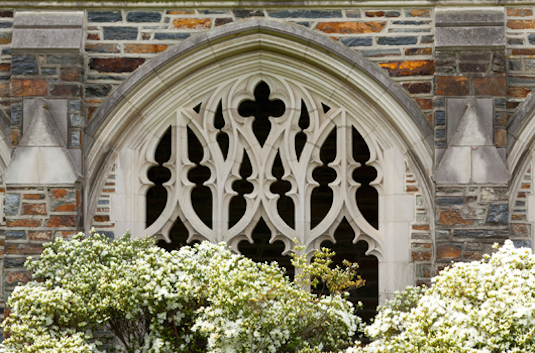Quantum Bayesian Framework for Efficient Storage of Quantum Information

In this talk, we consider the problem of
reliable storage of quantum information with qubit rate below its von Neumann entropy with controlled loss. This requires a transformation of the quantum source state into a more entangled reconstruction state with smaller entropy.
Inspired by the duality connections between the data compression and data transmission problems in the classical setting, we propose a new formulation for the lossy quantum data compression problem. This formulation differs from the
existing quantum rate-distortion theory in two aspects. Firstly,we require that the reconstruction of the compressed quantum source fulfill a nonlocal (global) error constraint as opposed to the sample-wise local entanglement fidelity criterion used in the standard rate-distortion setting. Secondly, to measure the reconstruction error, instead of a distortion observable, we employ the notion of a backward quantum channel which we refer to as a `posterior reference
map'. This is analogous to the posterior probability studied in the classical Bayesian framework.
This leads to a novel quantum Bayesian perspective for lossy representation of quantum information. Using these concepts, we design a quantum coding scheme consisting of an encoder and a decoder that transforms the source state into an entangled reconstruction state efficiently. We characterize the optimum performance in terms of single-letter coherent information of the given
posterior reference map. It turns out that this leads to a new problem
formulation even in the classical setting. We also look at this problem, and
characterize the optimum performance in terms of single-letter mutual information quantities with respect to appropriately defined channels analogous to the posterior reference map.
We also provide several examples for the formulations.






